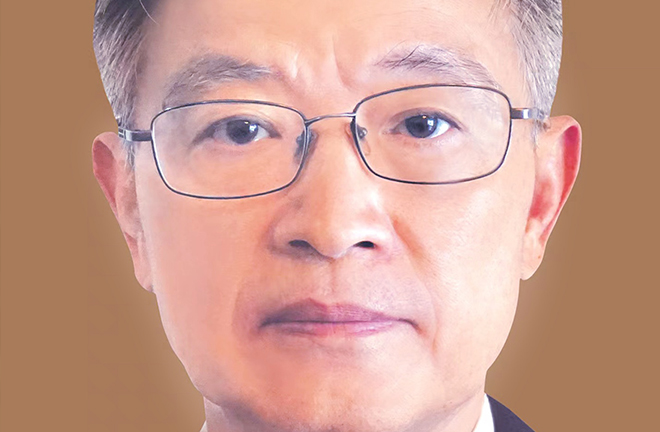ChatGPT and knowledge production

ChatGPT, a new achievement in generative AI, differs significantly from analytical AI. It can synthesize new information from existing data.
The new functions of ChatGPT all relate to generation, demonstrating the significant characteristic of “intelligent generation.”
Quality of generation
Once it possesses generative functions, is AI infinitely powerful? The answer is no. First, both generative AI and analytical AI have their own advantages and can be complementary. Second, the quality of generation is essential. As far as the “generativity” of intelligence is concerned, it is also multifaceted and multi-level. Compared to human intelligence, ChatGPT’s generativity is still primitive, especially in terms of creativity.
First, strictly speaking, ChatGPT’s output is merely information rather than knowledge. At its current level, the “work” of ChatGPT can only be described as the “processing of information.” The generated “new information” cannot be counted as “true knowledge.” In this sense, proclaiming that ChatGPT has brought about “a revolution of the means of knowledge production” is still too early. Perhaps it is more appropriate to see it as a step forward in aiding, motivating, or illuminating people in knowledge production.
Second, ChatGPT’s generation is a generation “from existing to existing,” meaning it transforms one type of “existing” data into another, rather than a generation “from nothing to existing.” The most significant generation in the field of intelligence is the generation “from nothing to existing” (e.g., raising new thoughts). With minimal or no knowledge, human intelligence can generate brand new information or knowledge. This is true “creative generation.”
Third, ChatGPT’s generation is that of “observing rules,” rather than employing capabilities while not knowing what to do. On one hand, ChatGPT is a process of rational computing in a step-by-step way, which completes inductions and generates content through a generalized statistical process.
However, human knowledge creation is full of irrational processes such as inspiration. On the other hand, ChatGPT’s output is defined by existing training datasets and by its algorithms. In a sense, it is also generated in a closed training system. In this sense, generative AI cannot cope with “unexpected” situations as human intelligence can, so it does not have the ability to generate creatively.
Fourth, the increasing generative capabilities of ChatGPT have not fundamentally changed the subject-object relationship between humans and machines. Furthermore, people are constantly generating (including reshaping) self-consciousness in their intelligent activities to cope with the environment, which is the ontological root of “high-end generative ability,” namely, creative ability. In essence, ChatGPT is still only a technology of pattern recognition, which is a leap in the application of models and scenarios within the scope of machine learning algorithms.
Hybrid intelligence
The significance of ChatGPT cannot be ignored. For example, it represents significant progress in natural language processing, an upgrade over existing search engines, a more powerful intelligent auxiliary tool, and even the hallmark of entering the “AI-generated content (AIGC) era.” It gives full play to the advantages of machine thinking, and facilitates collaborative and interconnected knowledge production between human beings and machines.
A new form of hybrid intelligence or brain-computer reciprocity can be created by employing ChatGPT. Therefore, we usher in a new stage of human-machine division of labor: intelligent systems can more efficiently complete instrumental intelligent work, and human beings can more fully play their role as subjects.
In view of this, on one hand, ChatGPT demonstrates new capabilities due to the advancement and application of machine intelligence generation. On the other hand, we should also recognize that this generation is not knowledge generation in the sense of “knowledge innovation.” Thus, we need to maintain a balanced perspective when evaluating its significance.
Xiao Feng is a professor from the Department of Philosophy at Shanghai University.
Edited by ZHAO YUAN
